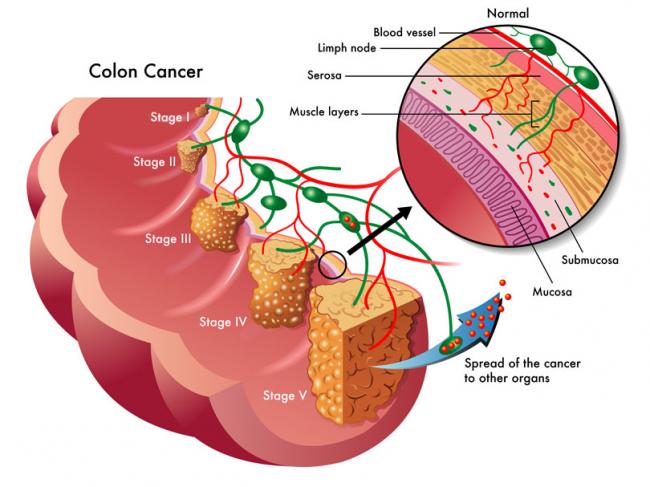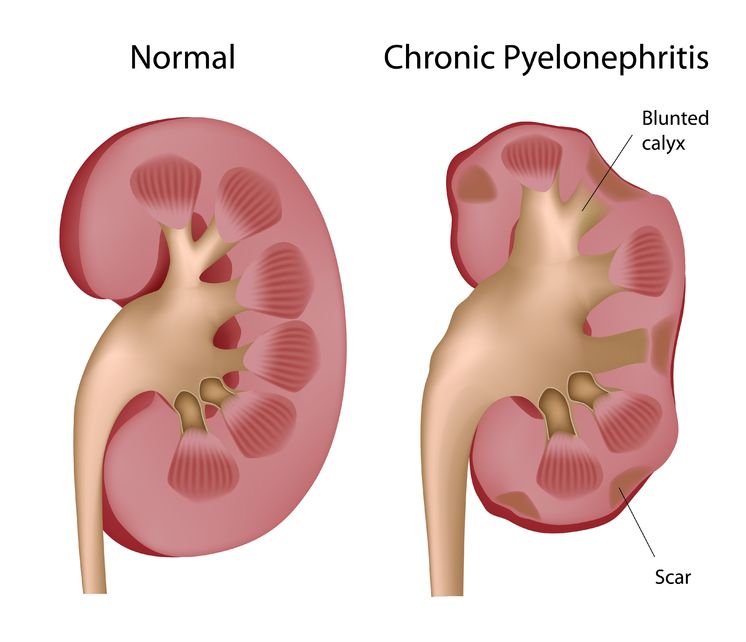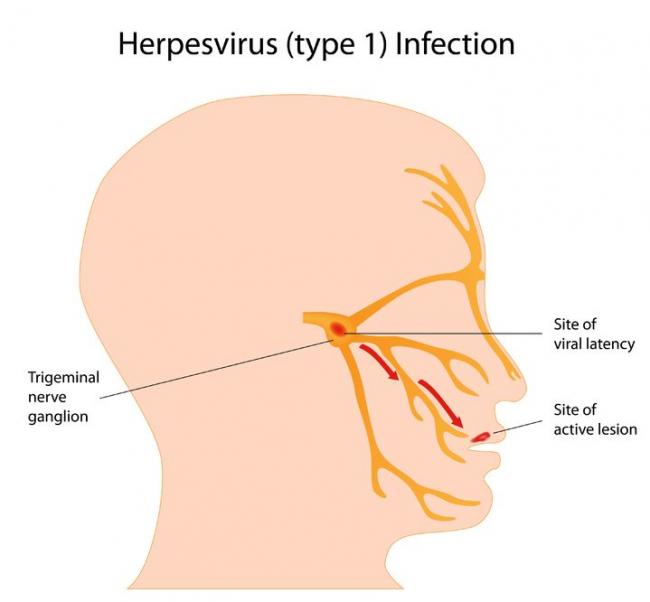Anthocyanins From Bilberries Improves Mild to Moderate Ulcerative Colitis and Other GI Diseases
Newsletter
Your subscription could not be saved. Please try again.
You've successfully subscirbed to Naturopathic Currents monthly newsletter!
Most Popular
- 17 Jun 13
- 17 Jun 13
- 17 Jun 13
- 01 Jul 13
- 17 Jun 13
- 17 Jun 13
- 17 Jun 13
- 01 Jul 13
- 17 Jun 13
- 17 Jun 13
- 17 Jun 13
- 01 Jul 13











